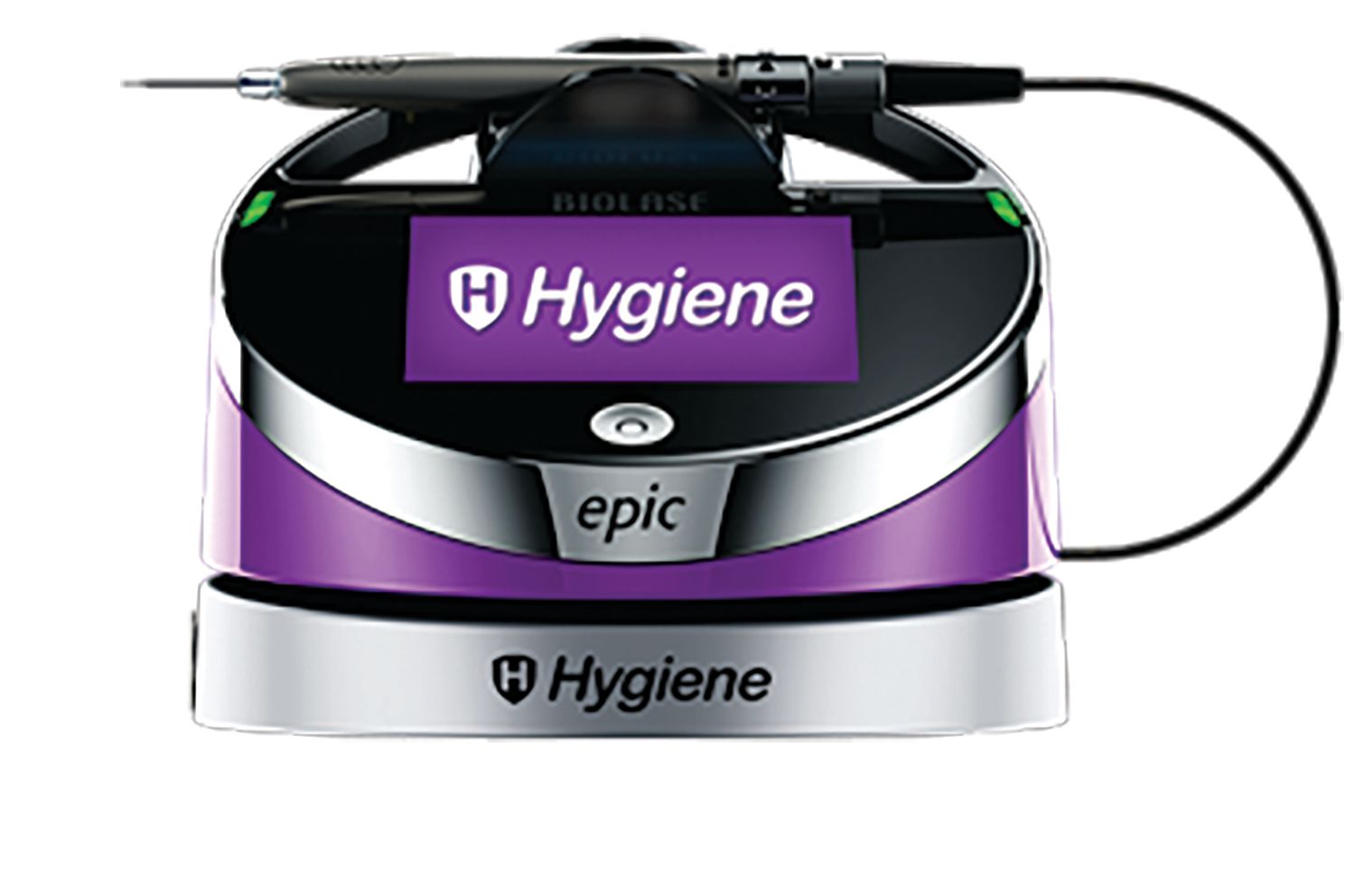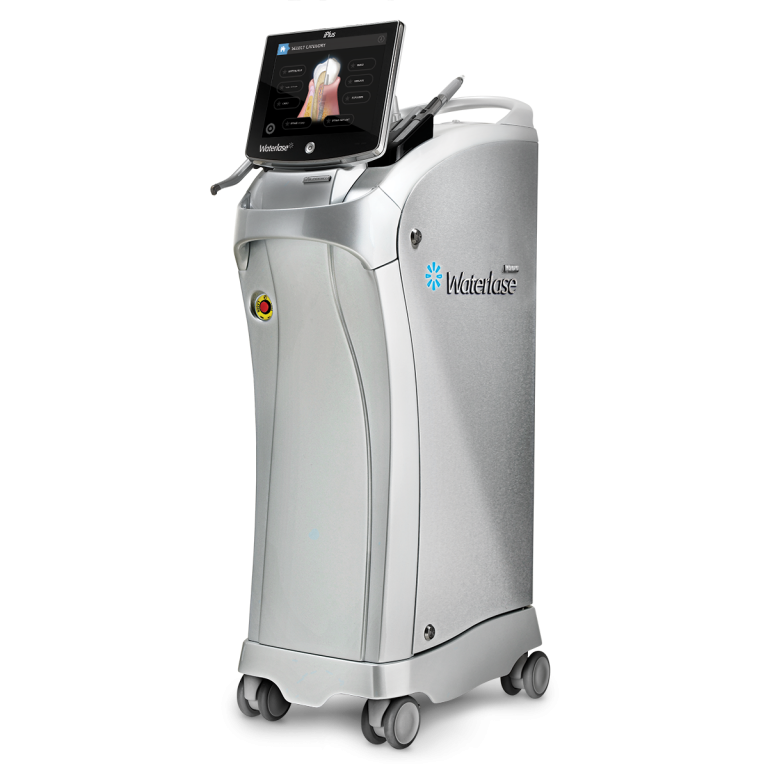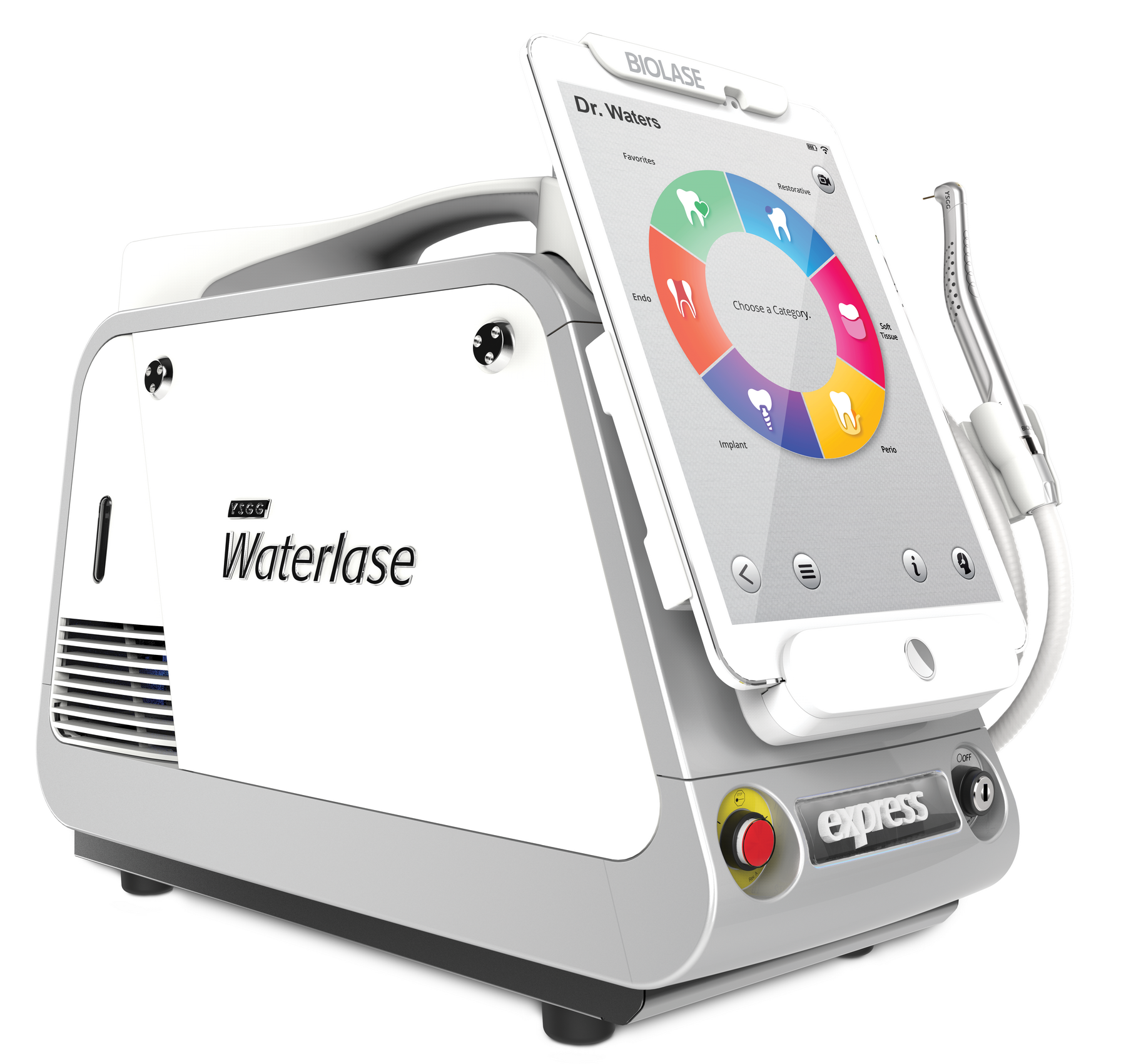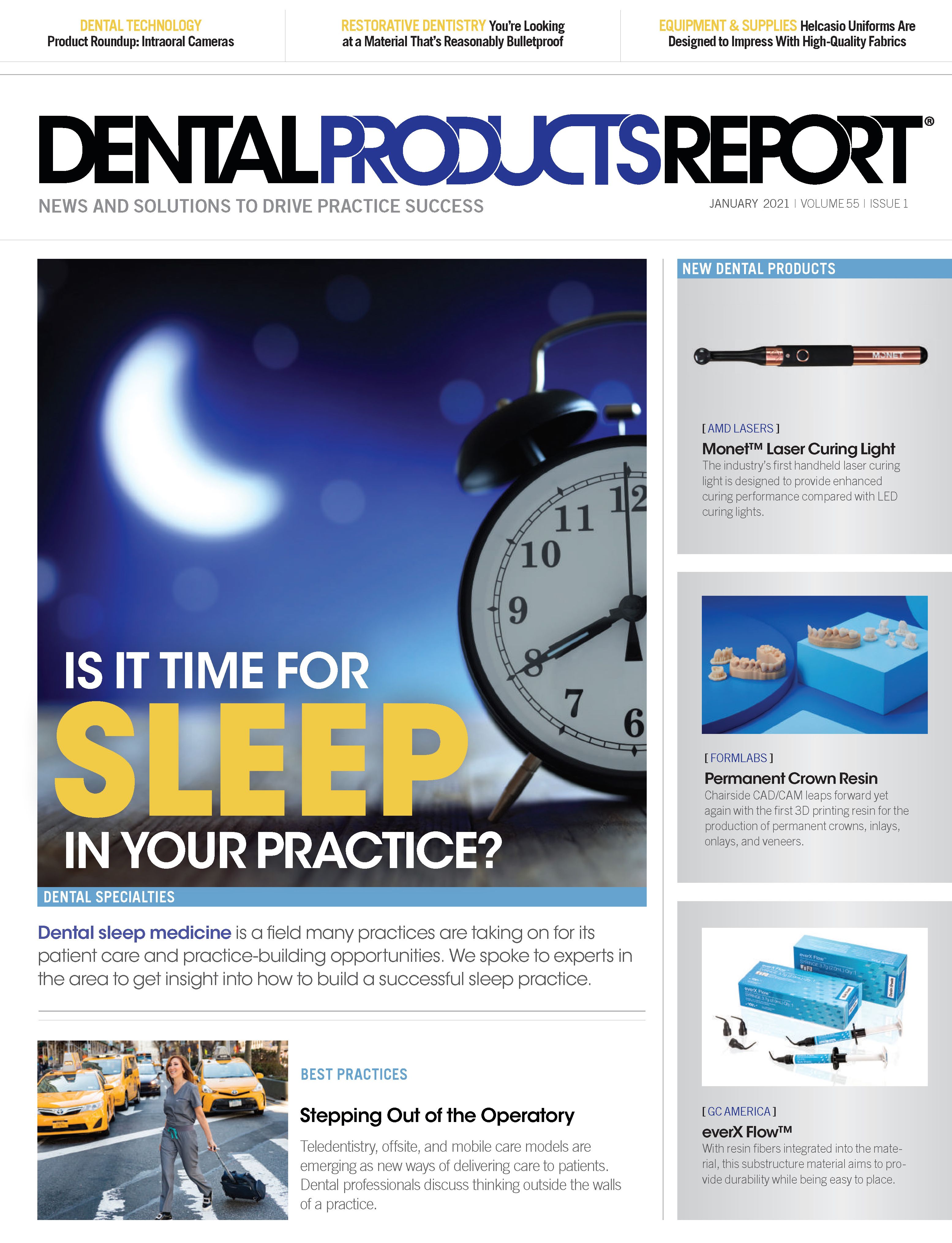Deep Dive: What to Know When Adopting a Dental Laser Into Your Practice
Lasers, an advanced dental technology, increase productivity and improve the patient experience, which can significantly affect the bottom line.

There is a growing base of evidence and information concerning the use of dental lasers, making the technology increasingly popular among dentists and patients. There are myriad benefits to adopting a laser into your practice, such as less aerosol creation, increased productivity, improved patient case acceptance, and an overall less invasive patient experience. However, before adopting a laser, it is critical to take 3 initial steps:
- researching which laser best meets the needs of your practice,
- determining how quickly the technology can be integrated into your practice, and
- understanding what to expect in your return on investment (ROI).
Not All Dental Lasers Are
Created Equal
Dental lasers can be used for a variety of procedures, including laser bacterial reduction, gingivectomies, frenectomies, dental implant procedures, pocket reduction surgery, and more. The versatility of the laser allows dentists to perform more procedures in a shorter time frame, and patients typically heal faster with little to no pain during the procedure.
Keeping patients comfortable and enabling better outcomes is one of the biggest benefits of adopting a laser. A recent study found that when leveraging the BIOLASE REPAIR® Perio protocol via the Waterlase dental laser, patient-reported outcomes were superior, and procedure time was less than traditional periodontal treatment.
There are 2 distinct types of lasers, the all-tissue laser and the soft-tissue or diode laser. The all-tissue is used on soft and hard tissue. With more than 80 indications, an all-tissue laser is the ideal choice for dentists looking to integrate a dental laser into every aspect of their practice, including restorative and procedures involving periodontal and implant surgery.
BIOLASE Waterlase

Diode lasers are specific to soft-tissue procedures, which can be used for gingivectomies, frenectomies, pain relief, whitening, and nonsurgical periodontal procedures.
In addition to lasers meeting general practice demands, the coronavirus disease 2019 (COVID-19) pandemic has created its own unique set of needs for dental offices across the country. Earlier this year, the American Dental Association recommended reducing aerosol production as much as possible, because COVID-19 may be spread through aerosols produced by high- and low-speed handpieces and ultrasonic scalers.
All-tissue lasers, such as the Waterlase from BIOLASE, produce 98% less aerosols than traditional dental handpieces, and diode lasers, such as the Epic Hygiene, are aerosol-free.
Training
Once the decision has been made about the type of laser to bring into the practice, the next, arguably most important, step is training to swiftly integrate the technology. Although dentists may be using the laser frequently, it is critical that the entire team is trained to maximize the value and benefit of adopting the tool.
Not only will your team be able to help you prepare the laser for applicable procedures, but diode lasers are incredibly useful for hygienists to use for procedures like laser bacterial reduction.
The Waterlase Express represents just 1 part of the Waterlase® portfolio of Er,Cr:YSGG all-tissue lasers, and is the fifth generation of the widely used all-tissue dental laser wavelength.

Although the manufacturer of the dental laser will provide your team with training needed after purchasing the laser, what happens after they leave? It is important to look at long-term support and related systems. For example, the Academy of Laser Dentistry’s Certification Program is a structured educational mechanism for dental practitioners wishing to demonstrate high standards and clinical proficiency in laser dentistry.
The academy is open to all dental professionals who are interested in the field of laser dentistry, including hygienists and specialty dentists. The World Clinical Laser Institute is another organization dedicated to teaching dentists and their staff how to successfully integrate laser technology into their practice. There is also training for dental specialties, like the Waterlase Endo Academy, a community of leading endodontists dedicated to improving patient outcomes and profitability with new technology.

Ensuring ROI
Dental practices are businesses, so whenever deciding to invest in a new technology, team member, or process, it is important to ensure that ROI will be worth the initial cost. Because of shortened procedure times when using a dental laser, dentists are not only able to perform more procedures in the same sitting, but more procedures throughout the day, increasing the number of patients who can receive quality care.
Dental lasers also increase the types of procedures that general dentists can perform in-house, referring more complex cases to specialists, and potentially increasing profit margins. The increased productivity, along with the virtually pain-free and minimally invasive features of the laser, often leads to increased patient retention and referrals. Today’s dental patient is drawn to state-of-the-art technology that can offer a quick, virtually painless experience. The ability to highlight the laser technology in marketing can attract new patients seeking a more enjoyable dental experience.
Conclusions
Dental lasers are useful in various fields of dentistry, from pediatric dentistry to periodontics, and can greatly increase the number of procedures a general dentist can perform while reducing aerosols. Overall, lasers are an advanced dental technology that increase productivity and improve the patient experience, which can significantly affect the bottom line. The question is no longer “Should I adopt a dental laser into my practice,” but “Which one should I adopt first?”
